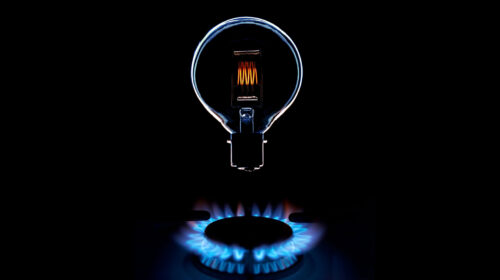Energy conservation in hot weather could raise mortality rates, a new study that has reviewed data from Japan showed this week.
The study, which will be published in the American Economic Journal: Applied Economics, argues that the Japanese government’s energy-saving campaigns since the country closed most of its nuclear power plants after the 2011 Fukushima disaster have led to higher death rates.
“Exploiting the electricity-saving targets across regions and over time, we show that the campaigns significantly increased mortality, particularly during extremely hot days,” study co-authors Guojun He and Takanao Tanaka wrote.
Guojun He, the director of research at EPIC-China, the Energy Policy Institute at the University of Chicago, and an associate professor at the University of Hong Kong, said, “Climate change is already upon us and encouraging less use of air conditioning or other means of adapting to extreme temperatures can kill people living right now.
“A better approach when designing climate policies is to speed up the transition to clean energy and encourage people to use more clean energy to protect themselves, rather than limiting individuals’ electricity or energy consumption,” He added.
Japan has regularly called on its residents to conserve energy to avoid blackouts at times of extremely high power demand, such as on hot summer days or in the winter.
Ahead of the summer of 2022, Japan called on households and companies to conserve as much electricity as possible, seeking to prevent blackouts as spare reserve capacity was expected to drop to critically low levels. Ahead of this winter, Japan called on people and businesses to repeat the energy conservation drive from the summer, as energy scarcity and LNG price inflation continued to take a toll.
Japan is now bringing back nuclear power as a key energy source, looking to protect its energy security in the crisis that has led to surging fossil fuel prices.







